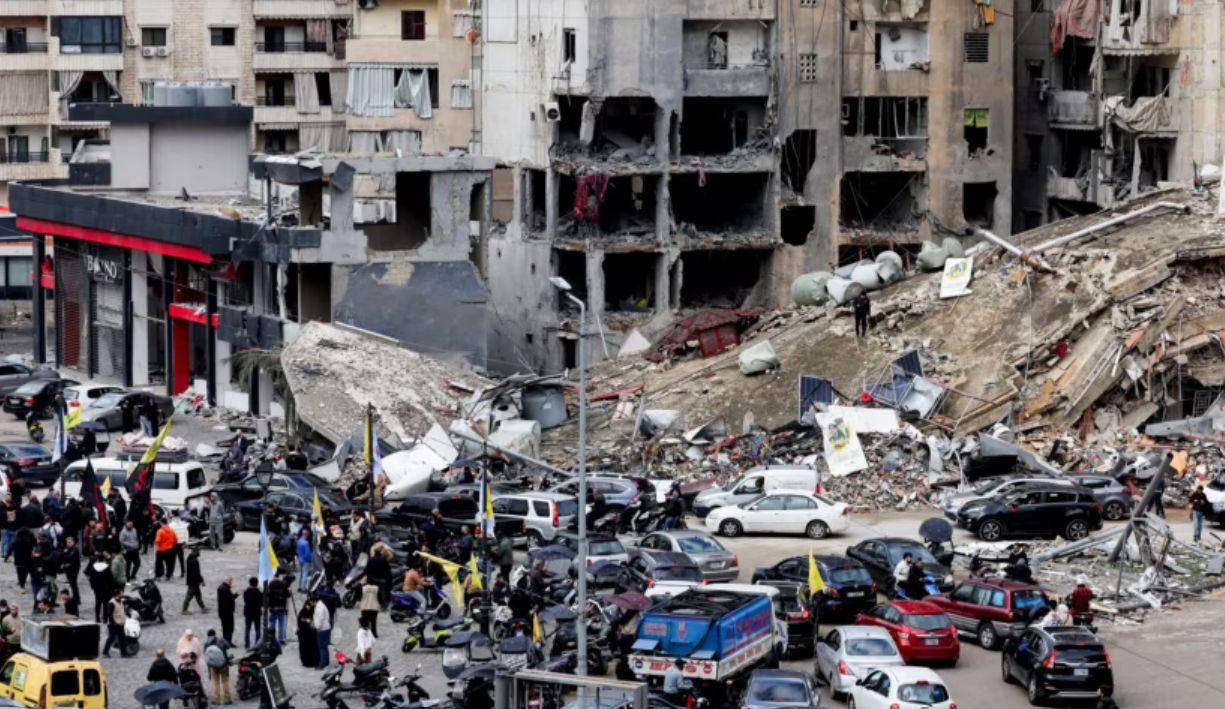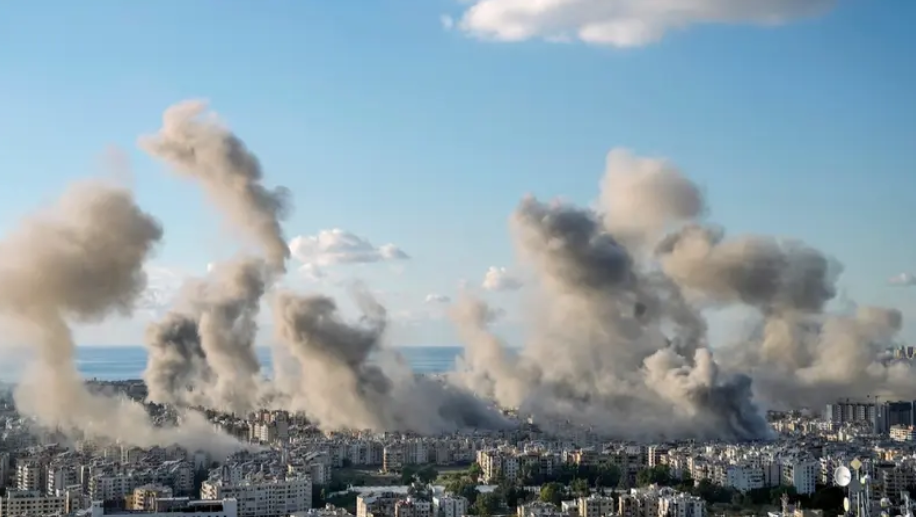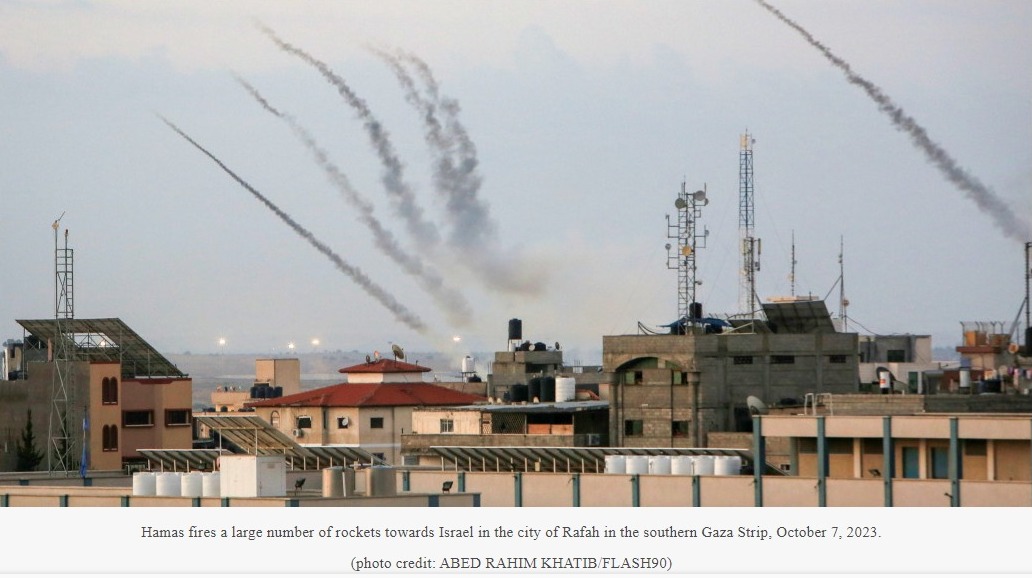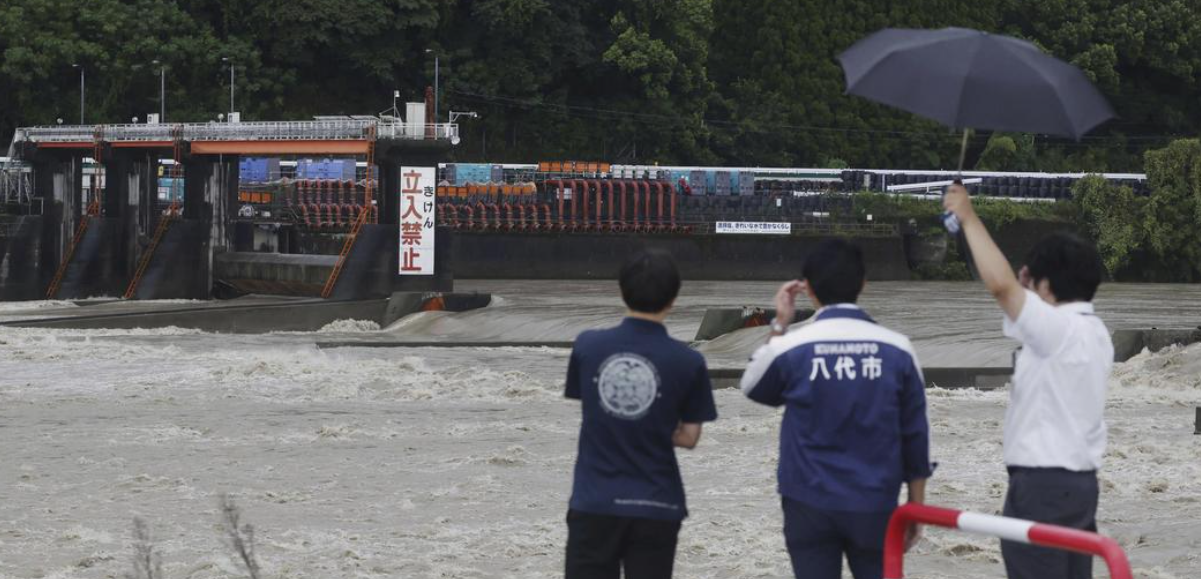The Israel-Hezbollah ceasefire marks a crucial first step towards reducing tensions that have escalated since the Hamas attack on Israel in October 2023. Although the ceasefire doesn’t extend to Gaza, where Israel’s military continues to battle Hamas, it signals a potential turning point in the conflict, raising hope for long-term resolution.
For India, this ceasefire is positive news for several reasons, especially concerning economic interests and strategic projects in the region. India has strong trade ties with the Middle East, and a wider war could disrupt this. Moreover, a critical economic project that was delayed due to the conflict—the India-Middle East-Europe Economic Corridor (IMEEC)—could now resume.
IMEEC: A Game-Changer for India
The IMEEC is one of the most significant initiatives announced at the 2023 G20 Summit in Delhi. This ambitious project aims to create a rail-and-port network connecting India to the Middle East and Europe. It offers a direct alternative to China’s Belt and Road Initiative (BRI), aiming to enhance global trade routes and strengthen India’s role in international logistics.
However, the Hamas attack had cast uncertainty over the project’s future. Despite this, Foreign Minister S. Jaishankar confirmed that work on the IMEEC project continues, especially between India, the UAE, and Saudi Arabia.

Strategic Importance of IMEEC
The IMEEC holds immense strategic value for India. U.S. President Joe Biden suggested that the Hamas attack might have been an effort to disrupt the progress of regional integration, particularly the IMEEC. The project promises to reduce trade times, especially between India and Europe, and to create green energy and digital infrastructure linking India, the Middle East, and Europe.
Once operational, the IMEEC will offer cost-effective trade routes, benefiting Indian exporters. Prime Minister Modi described the project as the “basis of world trade for hundreds of years to come.”
Countering China’s Influence
China’s growing presence in the Middle East through the BRI has raised concerns for India. China’s economic initiatives, especially its energy ties with Iraq and Iran, have expanded its strategic influence in the region. The IMEEC offers a direct counter to China’s growing footprint, positioning India as a key infrastructure partner in the region.
Through railway projects in Middle Eastern countries, India not only counters China’s dominance but also strengthens its geopolitical standing. As part of the IMEEC, India will be seen as a global infrastructure leader, creating new opportunities for partnerships with countries in the Middle East and Europe.
India’s Growing Role in Global Trade
The IMEEC is set to boost India’s trade potential by reducing costs, enhancing economic integration, and providing new opportunities for exporters. India’s geopolitical leverage will grow as the project advances, with the potential to unlock significant trade and infrastructure benefits for India, especially in the Middle East and Europe.
The Israel-Hezbollah ceasefire brings a new sense of stability to the region, allowing India to move forward with the IMEEC project, which will have a long-lasting impact on trade, energy, and India’s role in global politics.




